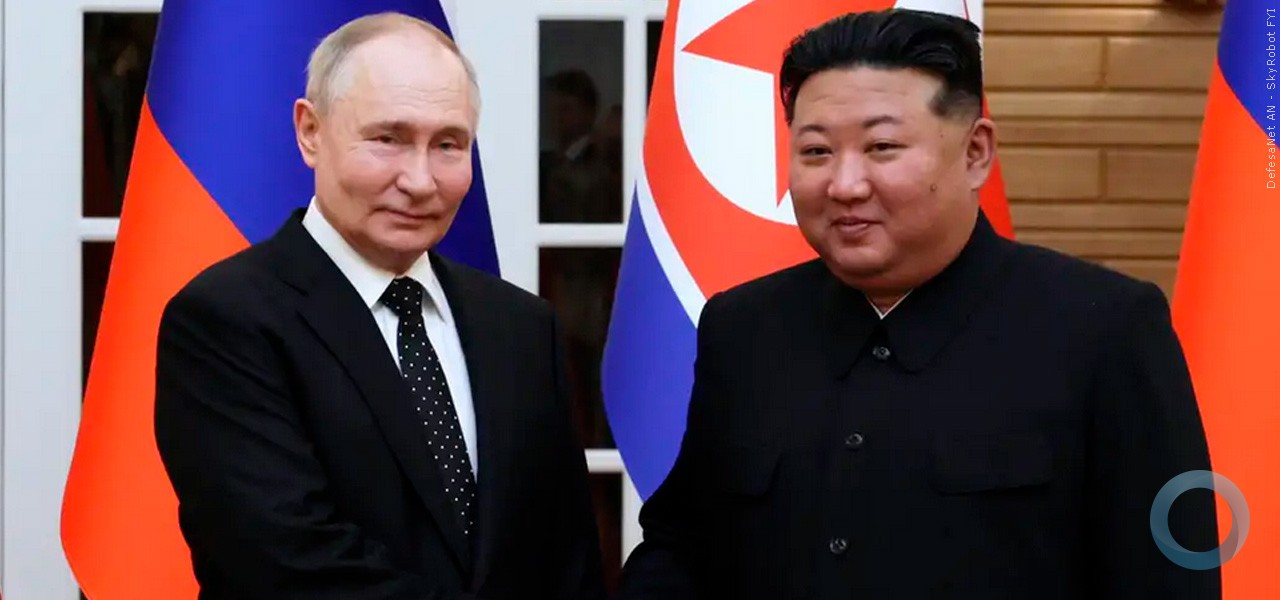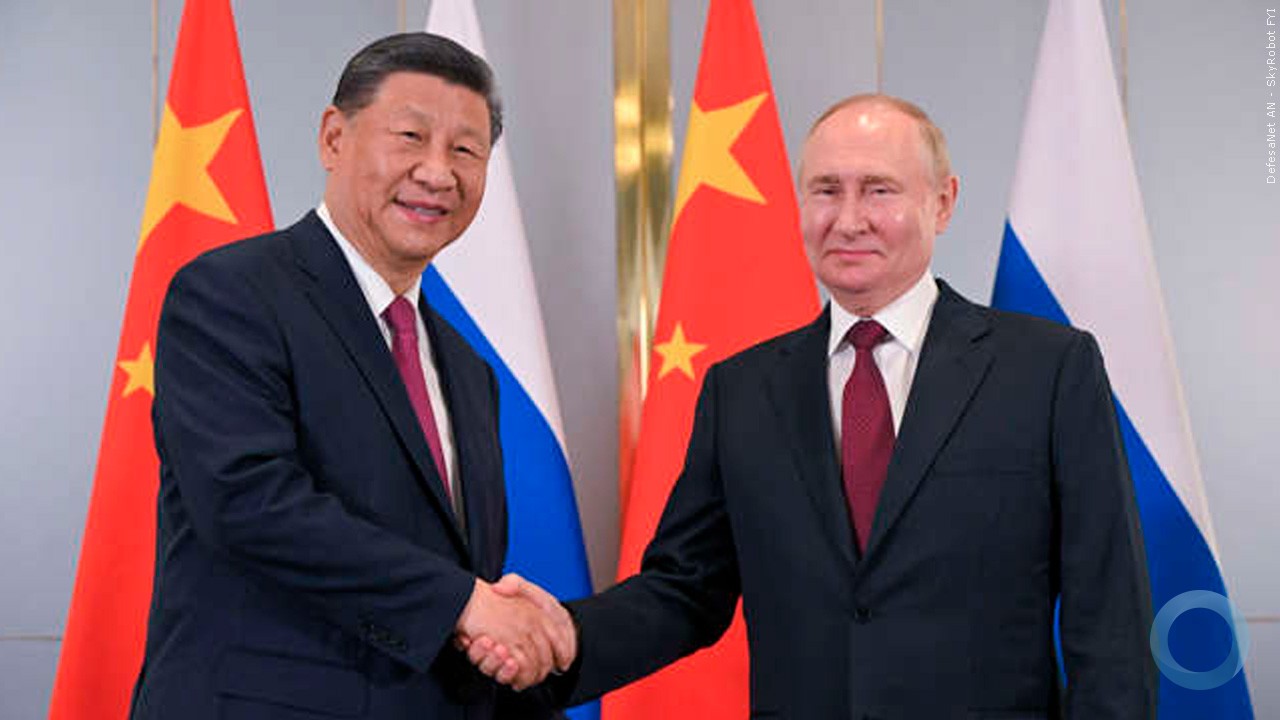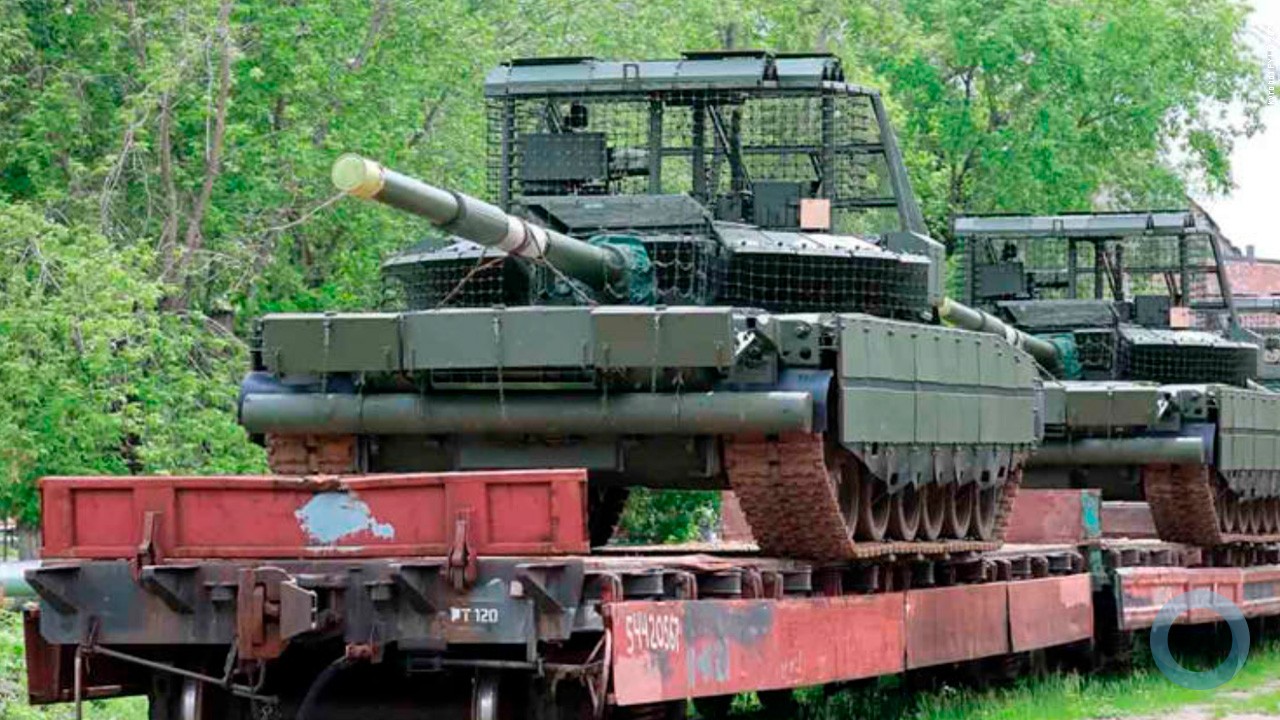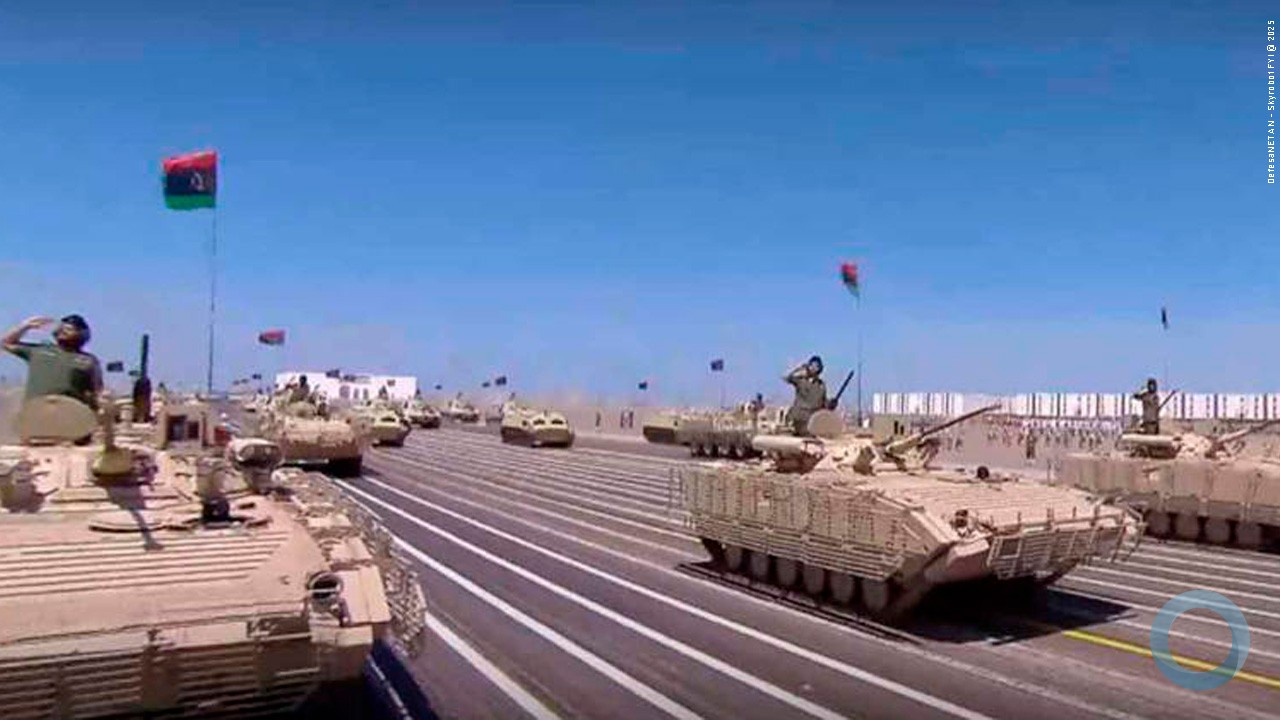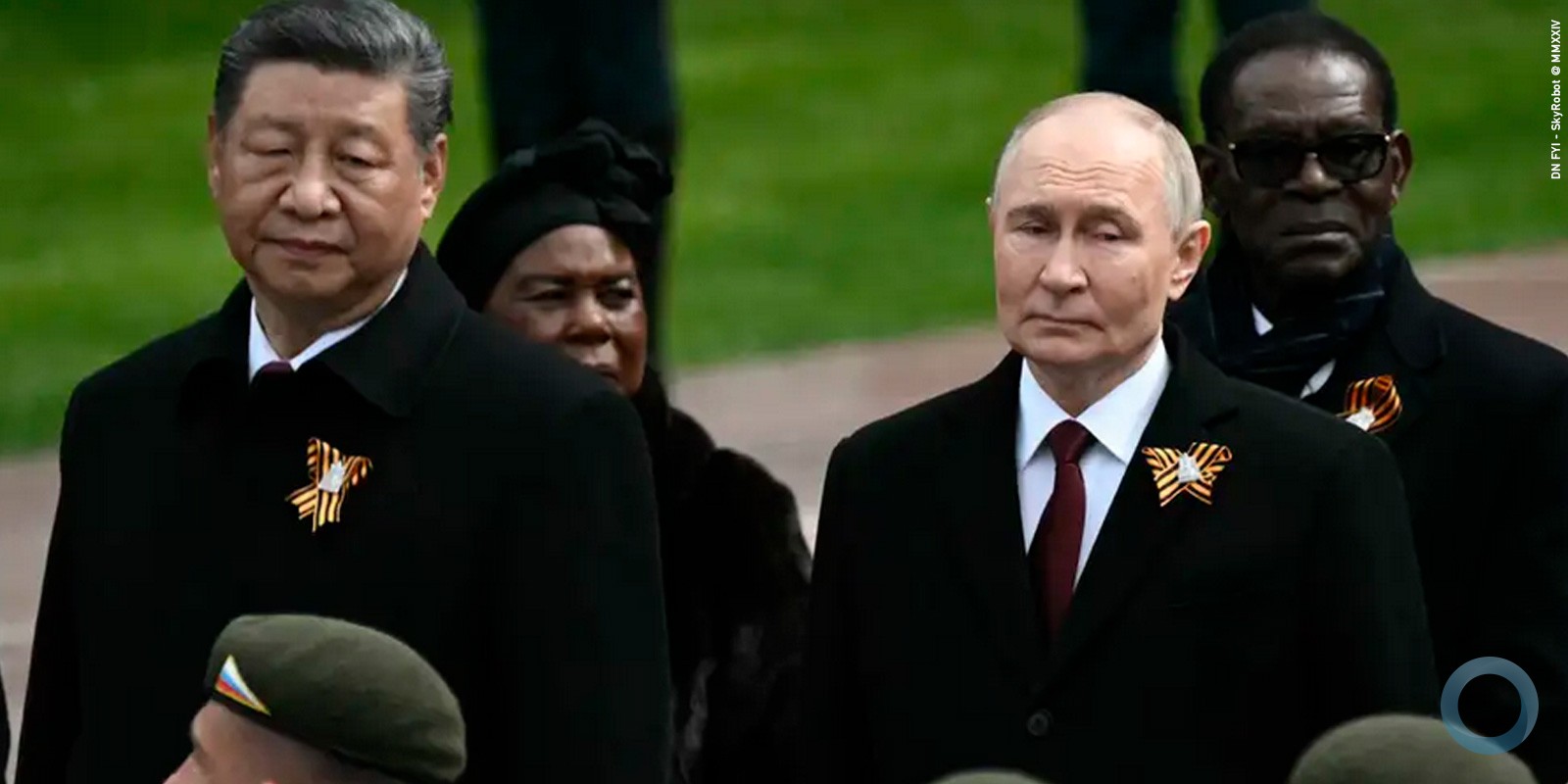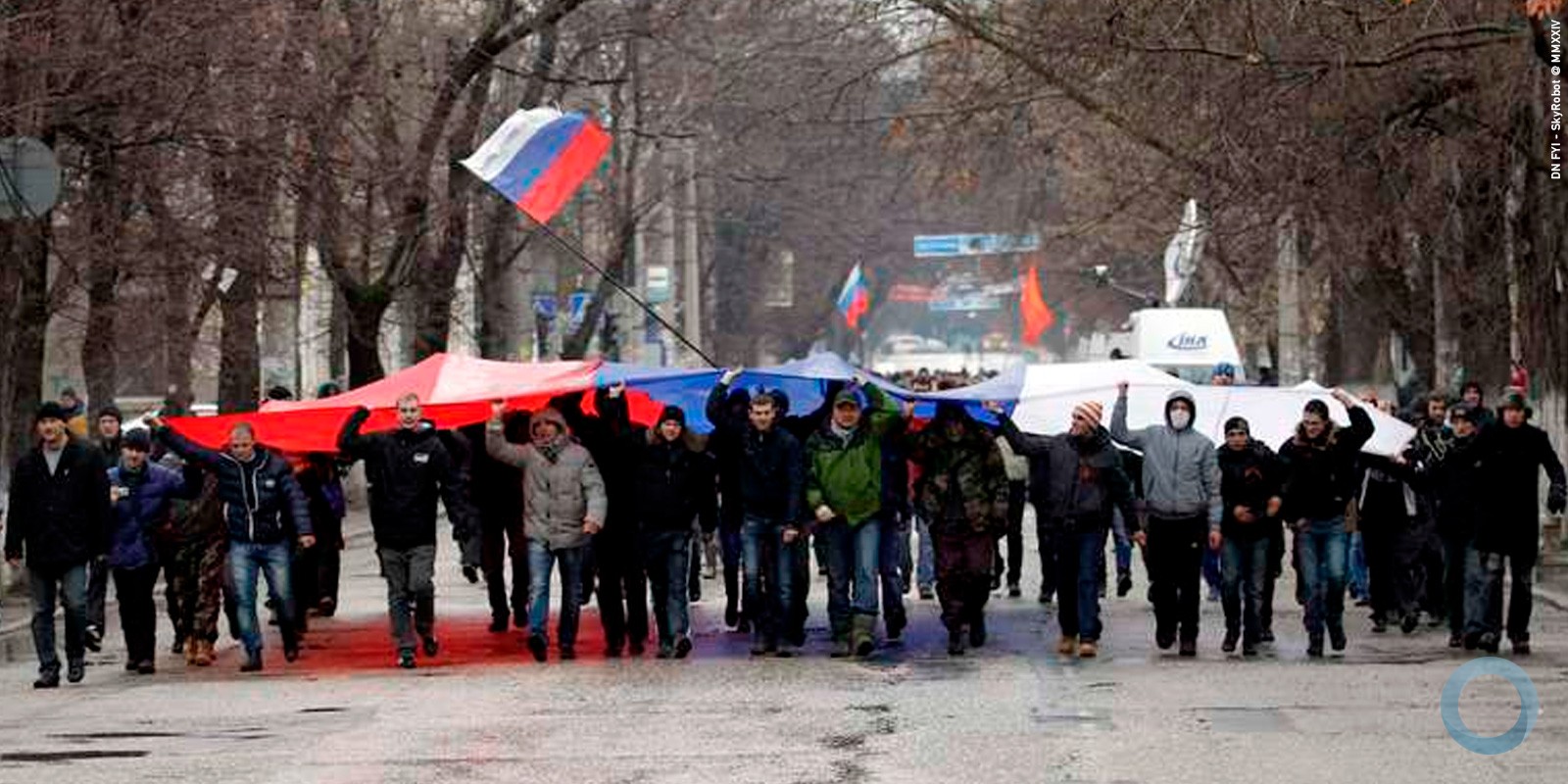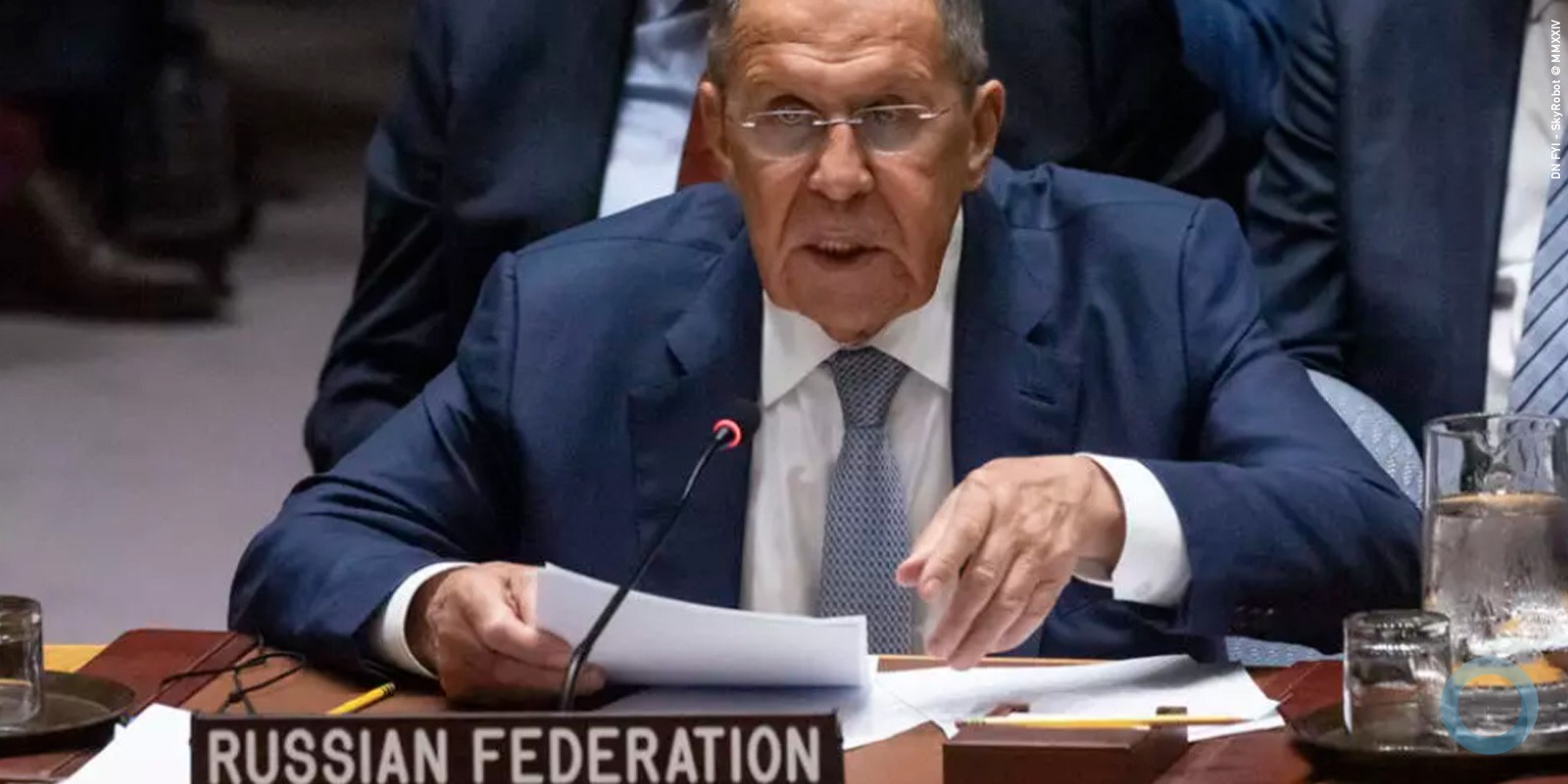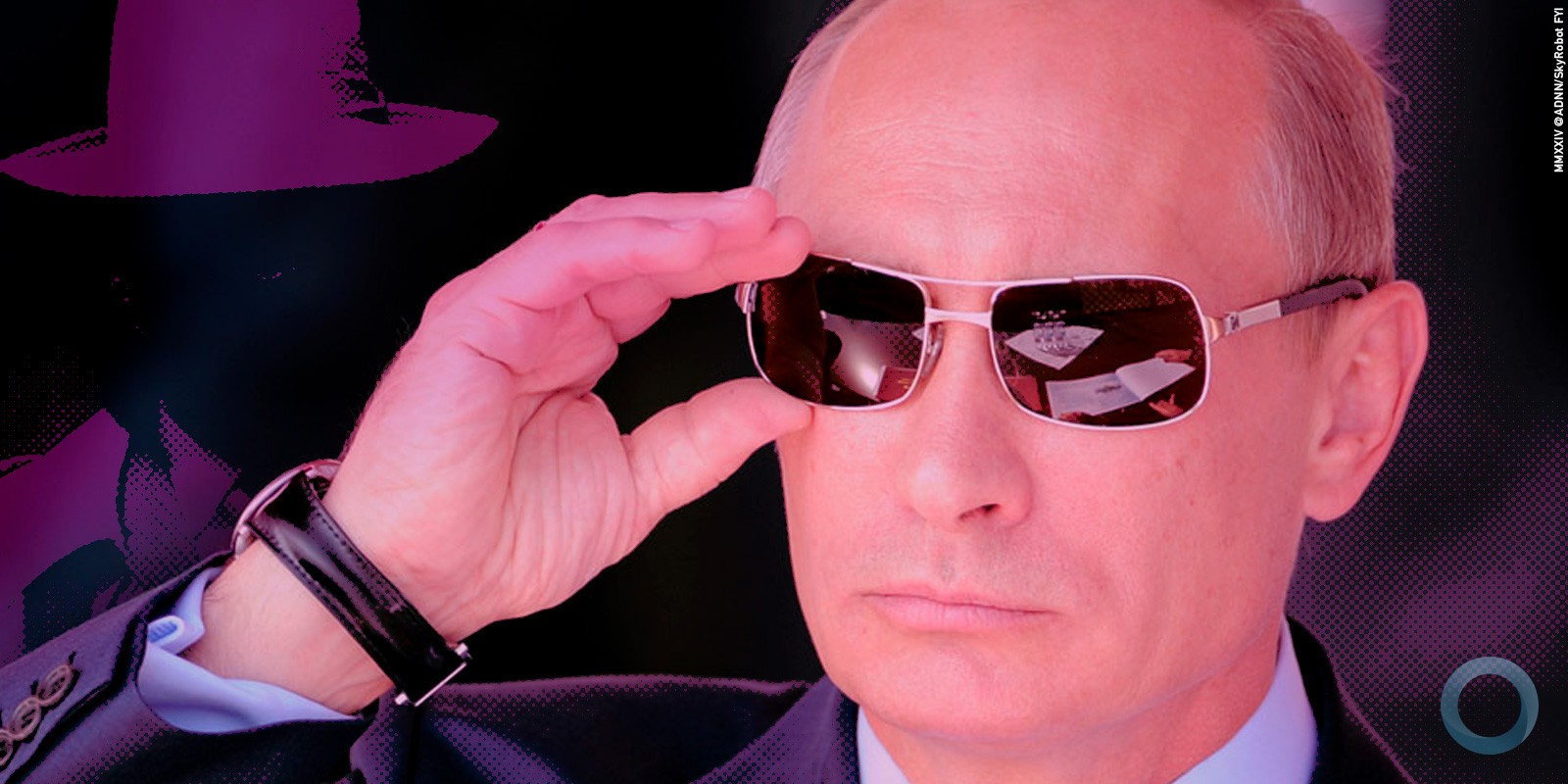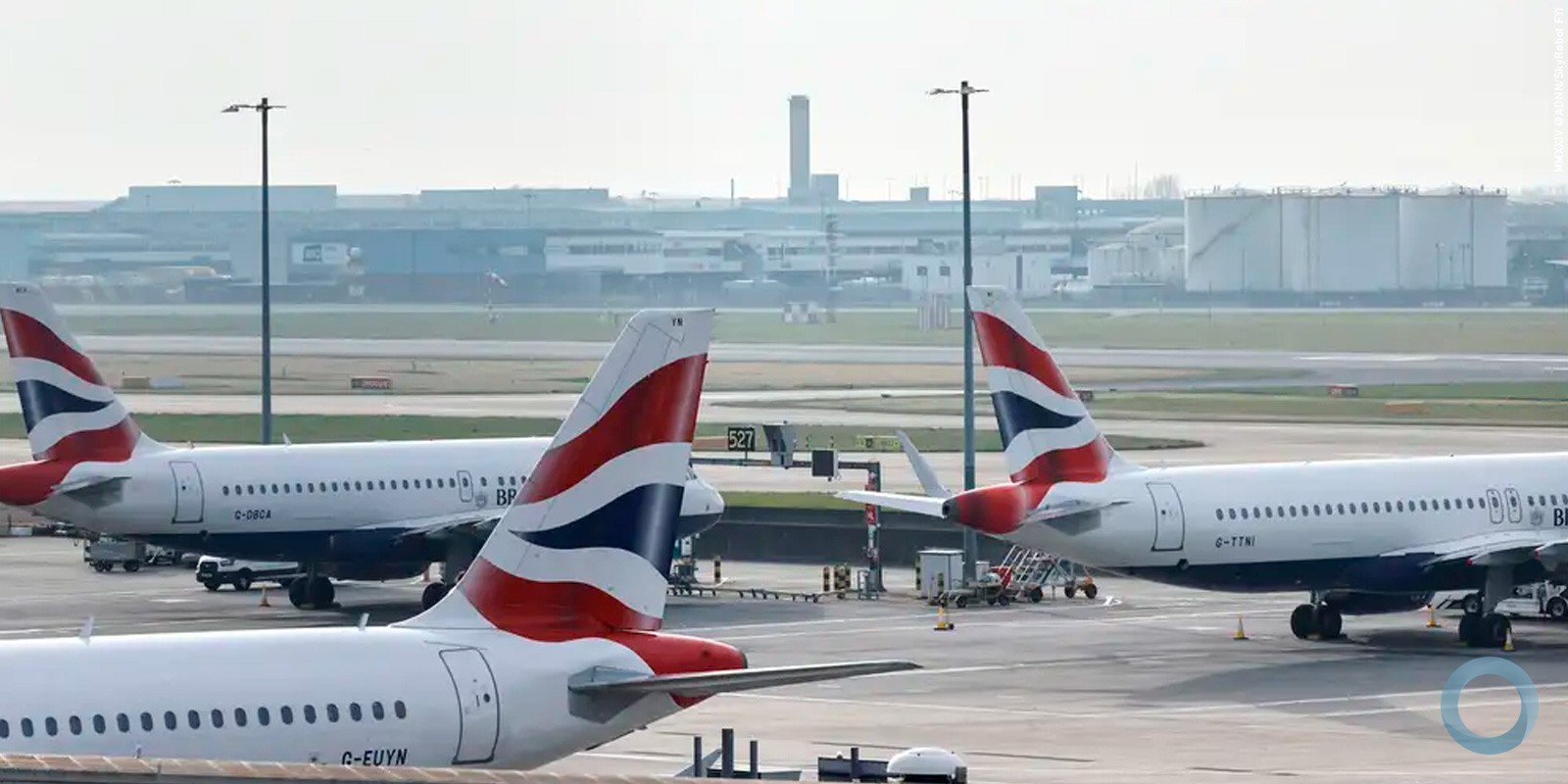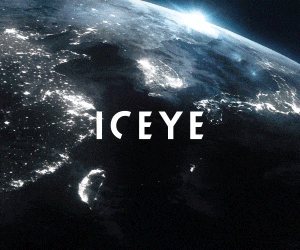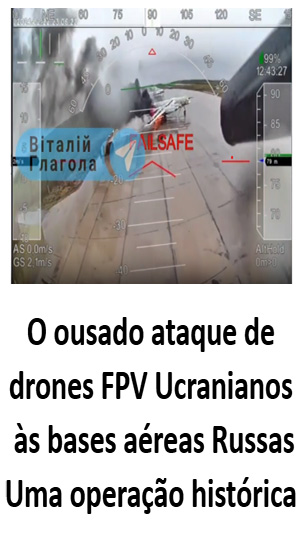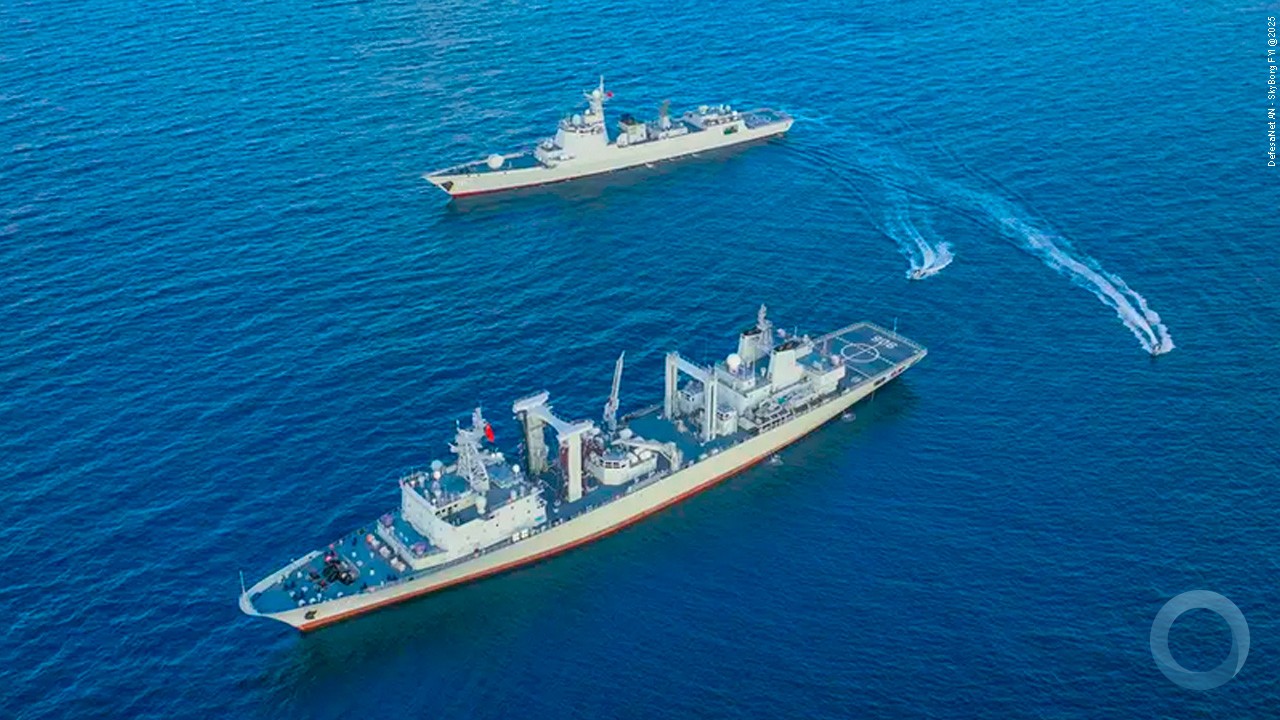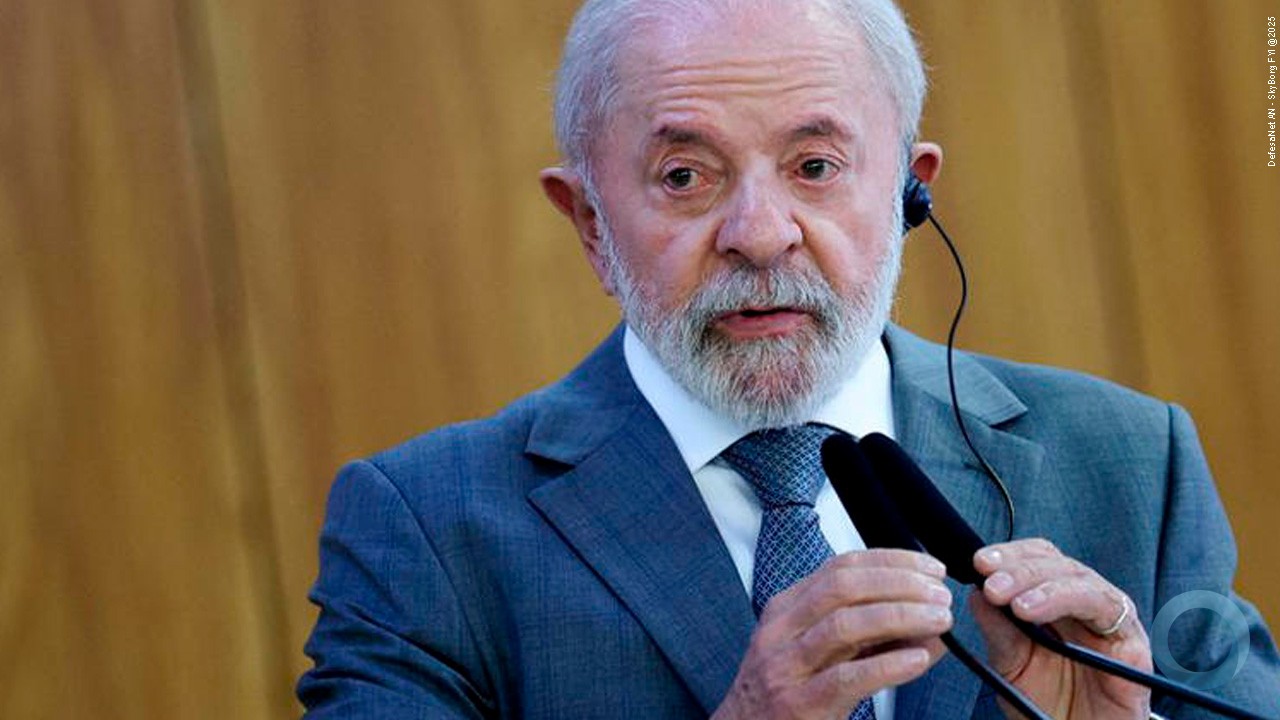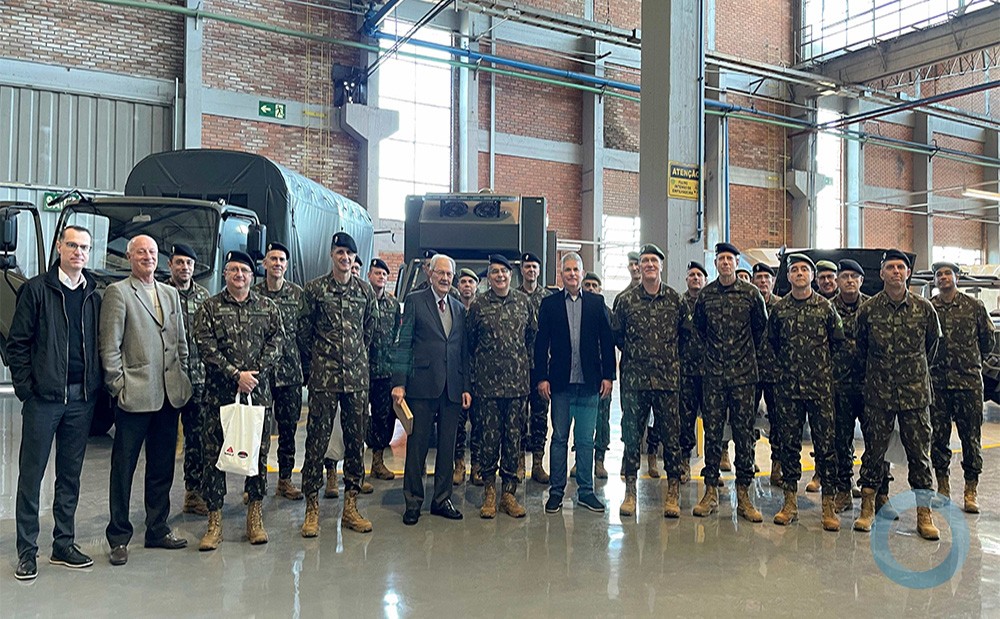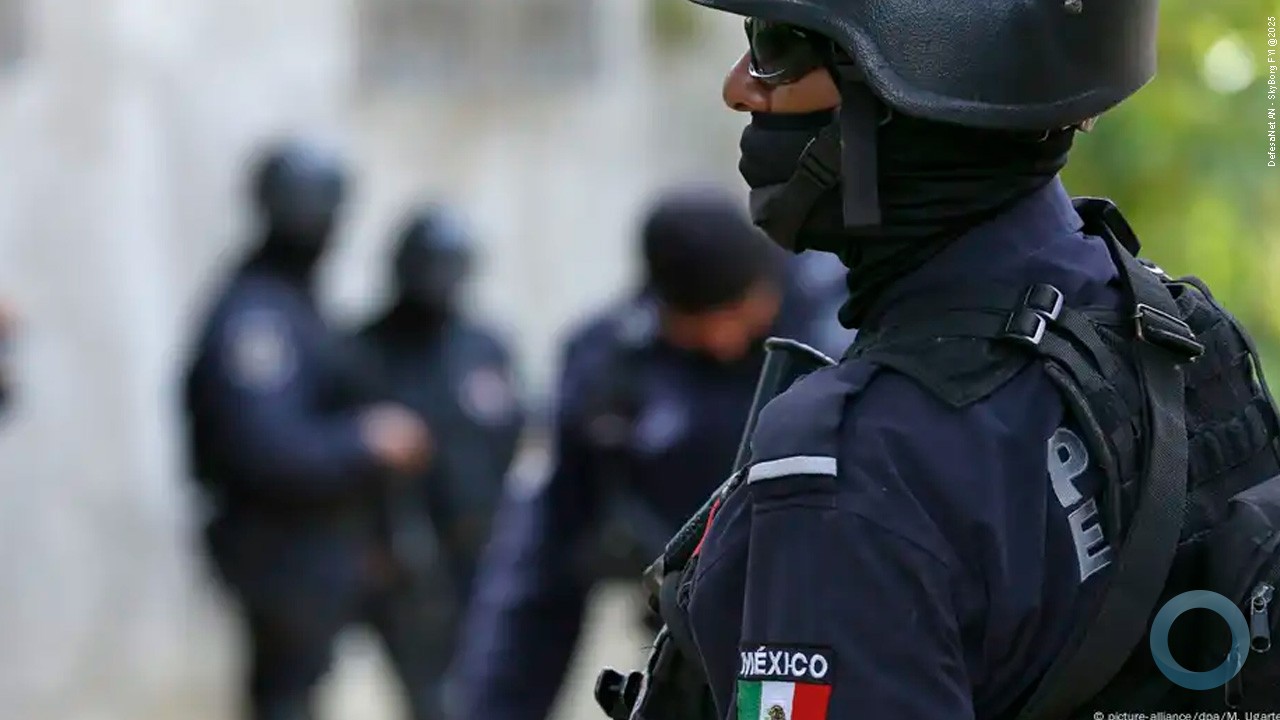Presidential Address to the Federal Assembly Part I
Moscow April 21, 2021
(As released by Kremlin.ru)
The ceremony was attended by the senators of the Russian Federation, State Duma deputies, members of the Government, the heads of the Constitutional and Supreme courts, regional governors, speakers of regional legislatures, the heads of traditional religious denominations and public activists.
* * *
President of Russia Vladimir Putin: Members of the Federation Council, State Duma deputies,
Citizens of Russia,
Today’s Presidential Address to the Federal Assembly will be dedicated mostly to internal issues. These include, naturally, healthcare, social policy and the economy. Of course, I will say a few words about external affairs and literally a few words about security issues.
It stands to reason that I will begin with last year’s events, when our country and, actually, the entire world faced a new, previously unknown and extremely dangerous infection.
It that period, including during our meetings with experts and conversations with the leaders of many states, I often heard the following description of the situation: we are faced with total uncertainty. And this is how it really was.
I could see this from the information I received from the regions. The number of people who contracted the disease and needed to be rushed to hospital kept growing. Actually, all of you are very well aware of this. Many hospitals were filled to capacity and reported that they could run out of oxygen soon, including in intensive care units. Ventilators, protective masks and PPE were actually distributed by the piece. Shops were running out of basic products, such as cereals, butter and sugar, due to increased demand.
The epidemic was on the offensive. But although there was great concern, I personally had no doubt that we would pull through.
Citizens, society and the state acted responsibly and in unison. We rallied, managed to take preventive action, to create conditions that would reduce the risk of infection, and to provide medical personnel and citizens with personal protective equipment. We increased the number of hospital beds for coronavirus patients more than five times over, to 280,000 beds.
The brief outline of measures conceals the tremendous and intensive work of millions of people in all regions of the Russian Federation. I would like to cordially thank all of you for this. Everyone worked quickly, efficiently and conscientiously.
At that time and later on, we were analysing the situation practically non-stop. I recall vividly my visit to the hospital in Kommunarka. It was necessary to experience, to see at first hand the danger facing us and to assess the working conditions of medical specialists. They immediately found themselves in the thick of events and fought for every life, while risking their own.
Today, doctors, paramedics, medical nurses and members of ambulance teams are sitting here in this hall. Once again my heartfelt thanks to you and your colleagues from all the Russian regions.
Russian researchers made a real breakthrough, and Russia now has three reliable coronavirus vaccines. These and many other achievements of the past few years highlight the country’s growing science and technological potential.
I would like to thank everyone, every person who contributed to the fight against infection, including the workers at the plants manufacturing medications, medical equipment, personal protective equipment, and enterprises working 24 hours a day, housing and utility agencies, trade companies, the Russian business community that quickly converted entire sectors so that they could manufacture essential goods, civilian and military builders, agriculture workers who gathered a record-breaking harvest, one of the biggest in the country’s history, that is, over 130 million tonnes.
The personnel of law enforcement agencies and the special services continued to carry out their duty, and the Russian Armed Forces reliably ensured our country’s security.
I would like to underscore the selfless behaviour of people working for social services, orphanages, boarding schools, retirement homes and hospices who stayed and who continue to stay with their charges. You will certainly agree with me that, while analysing developments at these institutions, one feels proud of people who are carrying out their duty there in such a responsible manner. It could move you to tears. I would like to thank them once again.
I would also like to convey my sincere gratitude to school teachers and the lecturers at universities and other education institutions. You did everything possible to enable your students and pupils to gain knowledge and successfully pass their exams, with the involvement and support of their parents.
Russia’s cultural life continued unabated. Theatres, museums and concert halls remained open to audiences online thanks to modern technology. Everyone who works in this crucial sphere rose to the occasion.
Our people showed discipline and managed to observe, let’s face it, quite exhausting, but vital precautions. Thus, acting together, we have put up an effective barrier to the pandemic.
The people’s solidarity showed in concrete actions, in caring for the loved ones and in willingness to help people in need. Millions became volunteers and engaged in building person-to-person help routes. The nationwide We Are Together campaign brought together people from different walks of life and ages. As always during challenging times, our traditional religions stepped up to provide spiritual support to the society. I see the leaders of our religions here and I would like to bow deeply to you, thank you very much
Throughout history, our people have come out victorious and overcome trials thanks to unity. Today, family, friendship, mutual assistance, graciousness and unity have come to the fore as well.
Spiritual and moral values, which are already being forgotten in some countries, have, on the contrary, made us stronger. And we will always uphold and defend these values.
Colleagues,
The pandemic broke out at a time when the aftermath of the demographic shocks of the 1940s and 1990s converged. We realise that the current demographic situation is an emergency. Unfortunately, this is how things are. We must accept and admit it and do something about it based on our understanding of this situation.
Saving the people of Russia is our top national priority. This priority underlies the stipulations of the updated Constitution concerning the protection of the family, the important role parents play in bringing up their children, strengthening social guarantees, and further developing the economy, education and culture.
Our strategy is to return to sustainable population growth to make sure that the average life expectancy in Russia increases to 78 years in 2030.
Unfortunately, the statistics show us sad and disappointing numbers. We are even seeing a certain decline. It is clear what is happening because of the pandemic, but we will keep our strategic goals in this critical sphere unchanged.
I fully realise that this is no small feat, the more so as the coronavirus has not yet been completely defeated and remains a direct threat. We see the dramatic developments in many countries where the cases of infection continue to grow. We need to keep in check the defence barriers designed to slow down the spread of the virus along our external borders and within our country.
I would like to address all citizens of Russia once again. Friends, please stay alert. I am asking you to take care of yourselves and your loved ones and to comply with the doctors’ and sanitary services’ recommendations as closely as possible.
Vaccination is of crucial importance. I would like to ask the Government, the Healthcare Ministry and the heads of the regions to monitor this process on a daily basis. The opportunity to take the jab must be available everywhere, so that we achieve the so-called herd immunity by the autumn.
The attainment of this goal depends on everyone, on all our citizens. Please, I am asking all citizens of Russia once again to get vaccinated. This is the only way to stop this deadly epidemic. There is no alternative. The other choice is much worse: to contract the disease with unpredictable consequences.
I would like to say once again that the disease is still with us. But we must start thinking already now about healing the wounds it has inflicted and restoring people’s health.
During the peak periods, our hospitals and outpatient clinics had to reduce or even suspend scheduled visits. This increased the risk of the aggravation of chronic illnesses or the risk of missing the first signs of or correctly diagnosing new illnesses.
I would like to ask the Government, the Healthcare Ministry and the constituent entities of the Russian Federation to expand the system of medical check-ups and periodic screenings, taking into account the current epidemiological situation, and to relaunch them in full measure on July 1, 2021 for people of all ages. They must involve the largest number of people possible. This is why we will increase the supply of mobile medical diagnostic systems to the regions in the near future.
One of the targets of the coronavirus is the cardiovascular system. These diseases have always been the leading cause of death. Therefore, special attention during periodic screenings must be given to people with cardiovascular diseases. I would like to instruct the Government to take additional measures to prevent the diseases that are the main causes of premature death. As I have already mentioned, these are cardiovascular diseases plus malignant tumours and respiratory system diseases.
Hepatitis C claims many young lives. Decisions must be made to reduce this threat to the health of the nation to a minimum within 10 years.
To ensure that as many people as possible can restore their health at sanatoriums and health resorts, I propose that the 20 percent rebate programme for domestic travel is extended at least until the end of the year.
Children’s health is our special priority. Indeed, the foundation for good health for many years to come is laid during childhood. Children's rest and recreation activities must be made as affordable as possible. In this regard, this year, I propose reimbursing half of what parents spend on their children’s summer camps.
In addition, we need to expand opportunities for student tourism. Already this year, we must launch several pilot projects, including accommodation on university campuses and in dormitories in other regions for students who travel around the country during the summer.
And, of course, we must reward the young people who have done well in academic competitions and in volunteer and creative initiatives as well as the projects operated by the Russia – Land of Opportunity platform. For them, the partial reimbursement programme for tourist vouchers will remain valid during the holidays, aka the high season. This is a ground-breaking decision.
I wish to thank all the parliamentary groups which supported the decision on the taxation of high incomes, or rather, a portion of high incomes. These proceeds will go to the dedicated Circle of Kindness fund and have already been released to help children affected by rare and serious diseases, to purchase expensive medicines and medical equipment, and to cover the costs of surgeries.
On April 28, we will celebrate Ambulance Worker Day which was established as a show of respect to those who arrive first to save lives. These specialists must be provided with all necessary supplies. Within the next three years, we will make another 5,000 new ambulances available to rural communities, urban-type localities and small towns, which will replace the ambulance fleet almost in full.
I want to emphasise that public healthcare authorities in many leading countries – we are well aware of it and, in fact, they themselves are saying so – were unable to deal with the challenges of the pandemic as effectively as we did in Russia. At the same time, global health care is on the cusp of a genuine revolution. This must be recognised and clearly seen. We cannot miss it.
The pandemic has exponentially sped up the introduction of telemedicine, artificial intelligence and new approaches in diagnostics, surgery, rehabilitation and the production of medicines everywhere. We must put these technologies at the service of the people of our country.
We must build our healthcare system around this ground-breaking technology, and keep an eye on pressing everyday problems in the process. As we are all aware, they abound, mostly in primary care. There must be no such thing as waiting lines, no hassle making a diagnostics appointment or a specialist doctor appointment, or obtaining prescriptions and sick leaves, for that matter. This has often come up in our discussions lately. The funds have been set side and allocated. It is time to move quickly and efficiently to make it happen.
We have a backlog to deal with in healthcare and other social sectors, including many technical, financial and managerial challenges. However, what people need is qualified and timely medical help. I propose reviewing public healthcare problems from this perspective at an expanded meeting of the State Council some time soon. We will prepare for it and hold it shortly.
I repeat: we have gained some fundamentally new experience in fulfilling our social commitments. During the pandemic, we made direct payments to families bringing up almost 28 million children, and they received their benefits without any unnecessary paperwork or other kinds of red tape – they got the money they needed and were entitled to automatically. I know Government members have been working on this, focusing deliberately, not without some failures, but they have made every effort to accomplish this task, and coped with it. This is great, this is a good example. This approach should become the norm at all levels of government.
This is the essence of the National Social Initiative, which was discussed at a recent joint meeting of the State Council Presidium and the Agency for Strategic Initiatives.
I am calling on the regional governors: it is your direct responsibility to organise the work of local clinics, daycare nurseries and schools, and employment centres, based on the daily needs of families, of each and every person. In many regions, I have seen with my own eyes that such work has already been launched in certain areas. This needs to be done everywhere and in all social sectors.
As soon as in 2022, we must introduce the ‘social treasury’ principles. This means that all federal benefits, pensions and other social payments and services will be provided and paid in a one-stop mode, without having to visit dozens of different agencies, but simply upon marriage, the birth of a child, retirement or other life milestones. Within three years, the vast majority of public and municipal services should be provided to Russian citizens remotely, 24 hours a day, seven days a week, that is, on an ongoing basis.
Separately, we will have to discuss child-support payments, which are a sensitive topic for many families. Unfortunately, this is a problem in our country. This procedure should not be humiliating for anyone. Most issues here need to be resolved remotely and, most importantly, in the interests of the affected party. A mother with a child should not have to camp on the doorstep of various authorities to collect official documents, carrying her baby in her arms, and this is what usually happens. A system of interagency communication needs to be built, with banks included, in such a way as to ensure the unconditional execution of court decisions on the recovery of child-support payments. The state is obliged to protect the rights of the child; this is what we are talking about. I will return to this topic again later.
Colleagues,
We understand the heavy toll that the pandemic has taken on people’s welfare. Statistics show the aggravating effects of this outbreak on social inequality and poverty. It has been a challenge for all countries around the world – remember, all countries, not only Russia, are experiencing the same consequences. Certainly, we should be primarily concerned about the situation in our own country.
We are now facing price hikes that are undercutting people’s incomes. Some urgent decisions have been made, of course, but we cannot solely rely on targeted and essentially directive measures. We remember potential outcomes. Back in the late 1980s and the 1990s in the Soviet Union, they resulted in empty store shelves. But today, even when the pandemic was at its worst, we did not allow the same thing to happen.
The Government’s goal is to create conditions that will be long-term and which, I want to stress this part, colleagues, can, thanks to market mechanisms (which we have), guarantee the predictability of prices and quality replenishment of the domestic market. Nobody is saying that we will be setting prices from the top. There’s no need to muddy the waters and scare people. There are market regulatory mechanisms and they must be employed – promptly and to the extent required and appropriate to a specific situation in the economy and social sphere. We need to stimulate investment activity by reducing business risks. The two are not mutually exclusive.
Surely, the main goal right now is to ensure that people’s real incomes grow – that is, to restore them and secure their further growth. As I said, we need tangible changes in our fight against poverty.
Before anything else, the Government must provide direct support to families with children who are experiencing hardships. This has been our consistent policy and we will continue to pursue it.
We already have a system of benefits paid to parents of one or two children from the time the children are born and until they reach the age of three. Families with incomes below two subsistence minimums per family member are entitled to such benefits. The average monthly amount paid across the country is 11,300 rubles per child. Seventy-eight Russian regions pay benefits for the third child, also 11,300 rubles on average.
Please note that we are making consistent progress in this area, step by step. Last year, we introduced benefits for children aged three to seven. They range from 5,650 to 11,300 rubles per month depending on the region.
I instruct the Government to develop, by July 1, a comprehensive system of support for families with children. Our goal is to minimise the risk of poverty for such families.
But a number of new decisions need to be taken immediately, already today. It is always difficult for a single parent to raise a child. There are plenty of reasons for that. And this is not about the reasons but about supporting children. It is particularly difficult when a single-parent family is having financial problems, especially when children start going to school and family expenses objectively rise.
In particular, we must support single-parent families, where a mother or a father is bringing up a child alone, and only one of the parents is registered on the birth certificate – sorry to be speaking of such mundane things, but this is a fact of life – or the parents have divorced and one of them has the right to child-support payments. Therefore, as of July 1 this year, all children in such families aged between 8 and 16, inclusively, will receive a benefit. The national average of such benefit will be 5,650 rubles.
Of course, we must also help women who are expecting a baby and who have financial problems. It is extremely important for a mother-to-be to get support from the state and society, so that they can keep their pregnancy and know that they will receive help in raising and bringing up their child.
I propose approving a monthly subsidy for women who register at a maternity centre during early pregnancy and who have financial problems. The average subsidy for them will be 6,350 rubles a month.
Next, the sick pay for taking care of a child who falls ill depends on the employment record, which is correct, on the whole, and fair. However, young women receive much smaller sick leave payments. We have discussed this issue at the State Council, and it has been raised by the United Russia. We need to adopt legal decisions on this matter without delay, so that payments for taking care of a sick child aged up to 7 years inclusively are approved at 100 percent of the parent’s salary as soon as this year.
You understand what this means. The majority of those in this room know that the longer the employment record the larger the sick pay. Women who have a long work record usually receive full sick pay, but they usually do not have children at their age. Those who have children do not receive full pay. We must definitely help those who are expecting a baby.
I would also like to remind you that we have expanded and extended the maternity capital programme up until 2026. This benefit will now be paid already for the first child. We could not afford this before. The maternity capital has been adjusted to inflation and is almost 640,000 rubles
Free hot meals for all primary school children were approved as of January 1, 2020, and this measure has become a great help for families.
I would like to point out that all our decisions were designed to support our people. I know that many and very many people have financial problems now. The labour market and real disposable income of the people will be certainly restored, and we will move on. This has not happened yet. Therefore, I suggest approving one more one-off payment for the families that have school children, namely, 10,000 rubles per schoolchild. Moreover, this payment will also be made for the children who will only start school this year. We will transfer the money in mid-August, so that parents can get their children ready for school.
The updated Constitution of Russia includes clauses on demographic development, and protection of the family and childhood. They should be implemented in practice at all levels of government. I propose including a section aimed at supporting young people in each national project.
Friends,
During the pandemic, many young doctors and nurses, recent graduates as well as residents and students of medical universities worked courageously in the so-called red zones, joining their senior colleagues. In that extraordinary situation, teachers, schoolchildren, college and university students continued to teach and study, to have exams. Young family members supported their parents and older relatives. The youth of Russia proved to be extremely worthy during that period of trials. We can be proud of them.
We will do everything to open up as many life opportunities as possible for the younger generation. Their journey certainly begins at school, and I am sure that school will always be a second home for children; a new home, comfortable and modern.
Under the existing federal programme and with additional resources provided by the VEB Development Bank, we will build at least 1,300 new schools for more than a million children by the end of 2024. We will also purchase at least 16,000 school buses over the next four years. All school buses must be modern and safe.
Classroom teachers have been receiving a monthly addition to their salaries since last year. A very necessary and, I am sure, fair decision. I remember how we held discussions on this matter last year.
However, I have received requests, letters from teachers in secondary vocational institutions who say they have been forgotten. This is actually true. Justice must be restored. We have to fix this and establish the same additional payment of 5,000 rubles for supervisors of educational groups at technical schools and colleges.
I propose allocating an additional 10 billion rubles in the next two years for major repairs and technical equipment of our pedagogical universities. I ask the Government to pay close attention to up-to-date training of future teachers. The future of Russia largely depends on them.
Furthermore, school teaching teams should be expanded with teaching assistants, mentors and counsellors, whose job will be to organise exciting projects for children at schools.
It is very important that our young people should look to and be inspired by the achievements and victories of our outstanding ancestors and contemporaries, by their love for our Motherland and aspiration to make a personal contribution to its development. Children should have the opportunity to explore the national history and the multinational culture, our achievements in science and technology, literature and art in advanced formats. You know, I still open certain school textbooks occasionally and am surprised at what I see there – as if what is written there has nothing to do with us at all. Who writes such textbooks? Who approves them? It is unbelievable. They mention everything, the ‘second front’ and a lot of other facts, but not the Battle of Stalingrad – how is that possible? Amazing! I do not even want to comment.
I propose allocating an additional 24 billion rubles within the next three years to renovate cultural centres, libraries and museums in rural areas and small historical towns. This is another crucial area.
It is important to resume the activities of the Knowledge Society – we all remember well what it is – based on a modern digital platform. It seems to have been operational lately, but no one seems to notice it is there, either. Also, in order to support projects in culture, art and creative activities, we will set up a Presidential fund for cultural initiatives. Already this year, we will use its competitive grants to finance over 1,500 creative teams.
Colleagues,
A month from now, 11th grade students will be taking exams. Based on the results, most of them, about 60 percent, will enrol in universities and have their tuition covered from the budget. It can be safely stated that practically no country in the world apart from Russia has this kind of broad and free access to higher education.
In the next two years, we will make an additional 45,000 state-funded places available at our universities. At least 70 percent of them will go to the regions which need university graduates.
Starting this year, at least 100 universities in the constituent entities of our Federation will receive grants in the amount of 100 million rubles or more for opening student technoparks and business incubators, upgrading academic and laboratory facilities, and running training programmes. All state universities will be eligible for this support, including the ones that train future teachers, medical doctors, transport and culture workers. I am confident that the young generation of Russians, Russian scientists, will make their names known in the meaningful research projects that are yet to come.
This year was declared Science and Technology Year in our country. We realise that science is absolutely key in the modern world. Until 2024, Russia will allocate 1.63 trillion rubles from the federal budget alone for civil, including fundamental, research. But that is not all.
We are about to launch ground-breaking programmes in areas that are critical to our country. They will be given the status of nationwide projects. I would like to discuss some of them separately just to give you a sense.
First, we must have a solid and reliable shield to give us sanitary and biological safety. We now understand what it is about. It is imperative to ensure Russia’s independence in the production of the entire range of vaccines and pharmaceutical substances, including medications against infections that are resistant to the current generation of antibiotics. Importantly, this must be achieved with the maximum engagement of Russian-made equipment and domestic components.
In the event of an infection as dangerous as the coronavirus, or, God forbid, even more dangerous, Russia must be prepared to develop its own test systems within four days, precisely four days, and to create an efficacious domestic vaccine and start its mass production as soon as possible. These are the goals that we are setting for ourselves. The timeframe for achieving these goals is 2030. But the sooner we get there, the better.
Second, we need new comprehensive approaches to the development of our energy sector, including new solutions for nuclear generation in the promising areas of hydrogen energy and energy storage.
Third, we must find answers to the climate change challenges, adjust our agriculture, industry, the housing and utilities sector and the entire infrastructure to them, create a carbon utilisation sector, bring down emissions and introduce strict control and monitoring measures.
Over the next 30 years, the cumulative emissions in Russia must be smaller than in the EU. It is an ambitious goal, considering the size of our country and the specific features of its geography, climate and economic structure. However, I have no doubt whatsoever that it is a perfectly realistic goal in light of our research and technological potential.
Our new energy and pharmaceutical sectors and the solution of climate problems must provide a powerful boost to a comprehensive modernisation of all economic sectors and the social sphere. It is a direct path to the creation of modern and well-paid jobs.
The efforts taken by each level of government, business, development institutions and the Russian Academy of Sciences must have in view the main, central task: to improve the quality of life for our people. I would like to point out that our position on environmental protection is a matter of principle in this respect, and it will definitely remain unchanged.
The dangers of the alternative position have been recently exemplified by the events in Norilsk, Usolye-Sibirskoye and several other places. We will certainly help the people who live there, but we must also preclude a repetition of such environmental disasters.
I would like to ask those responsible to accelerate the adoption of a law on the financial responsibility of enterprise owners for clearing up the accumulated pollution and for the reclamation of industrial sites. This is a very simple approach. Here it is: if you have benefited from polluting the environment, clean up after yourself. We must act harshly. Rosprirodnadoz [the Federal Service for Supervision of Natural Resources] and other regulatory authorities must do their jobs.
I would like to add that the “polluter pays” principle must also be employed in full in the waste disposal sector to ensure transition to the so-called closed-loop economy. With this aim in view, we must launch a mechanism of extended producers and importers’ responsibility for the management of products and packaging wastes as soon as this year.
I also propose marking environmental payments to the federal budget. I know that experts and financial specialists do not like such special marks, but I see this as a vital sphere of our activity. We can make an exception in this case, and invest these funds in clearing up accumulated pollution and improving the environment.
Also, as I said, the amount of hazardous emissions in Russia’s 12 largest industrial centres must be reduced by 20 percent by 2024. We have already discussed this. Obviously, this goal must be accomplished through a comprehensive modernisation of the industrial sector, the housing and utilities sector, transport and energy.
Moreover, I propose expanding the emission quota system to all Russian cities with major air quality problems and introduce strict liability for non-compliance with environmental regulations. Of course, this requires transparent monitoring.
We will definitely support the efforts of businesses to upgrade their facilities up to current environmental standards. For example, upgrading will begin this year at aluminium plants in Bratsk, Irkutsk, Krasnoyarsk and Novokuznetsk based on the state guarantee mechanism. I will later name other cities and towns in other contexts but it does not mean that our work is limited to those areas. They only serve as examples.
Colleagues,
Last year, we allocated unprecedented resources for supporting the economy. Among other things, we managed to preserve over 5 million jobs through subsidised loans for wage payments. I want to stress that this programme succeeded but it succeeded precisely because businesses acted responsibly and did everything they could to keep their employees. We could see that.
Unfortunately, it was not possible to prevent layoffs completely. I understand how hard it is for those who lost their jobs. The Government was instructed to ensure that the labour market recovers by the end of the year. Still, this problem must be solved sooner so that people can have a stable income again. The Government will be encouraging entrepreneurial initiatives and stimulate private investments that create new jobs.
As you know, last year, social insurance contributions for small and medium-sized businesses were reduced by half, from 30 to 15 percent. This decision will remain in force permanently and is not subject to review.
I instruct the Government to present, within the next month, additional proposals on supporting small and medium-sized businesses, such as tax incentives, accessible loans and expanding product distribution and sales, including to major state-run companies.
As for other decisions in the economic sphere, I would like to mention the following.
First, we have already scrapped many archaic norms and requirements in construction and other fields and discontinued many unnecessary control inspections, but we also need to increase the momentum to achieve substantive, clear and tangible results in improving the business climate. For example, building a turnkey factory in Russia should be faster, more economically efficient and easier than in other regions of the world, including countries with developed economies.
Furthermore, we need to simplify the working conditions for non-commodity exporters. We have certainly been pursuing this policy line for a few years now, but we still need to remove all excessive restrictions in forex control for these exporters. This is one of the problems. The new procedure should start functioning in July. We have discussed this matter more than once. All amendments to the legislation must be adopted as quickly as possible during the spring session.
Secondly, the talent of an entrepreneur is primarily the talent of a creator, an aspiration to change life for the better, to create new jobs. The state will definitely support this attitude.
In the modern world where the market situation sometimes changes almost every day, businesses have to deal with high risks, especially when investing in long-term projects. To address this, we will be adjusting the entire private investment support system. We will evaluate how effective the projects are by the new products, services, and technologies they provide people with and how they improve the potential of Russia and each individual region.
The Special Investment Contract mechanism has already been improved; we have implemented a new instrument – Investment Protection and Promotion Agreements. We have consolidated development institutions on the basis of VEB. Their job is to reduce the risks for investing private capital, to help in the creation of new markets and investment mechanisms, the same as with the Project Finance Factory mechanism already in place. It is currently supporting more than 40 commercial projects with a total investment of 3 trillion rubles.
I am waiting for proposals from the Government on the implementation of the ideas proposed in March at a meeting with Russian businesses. Colleagues, you are well aware of this.
Third, we are making all major decisions concerning the economy through a dialogue with the business community. This is the practice established over many years. Of course, we have the right to expect that the auxiliary financial instruments and support mechanisms will bring the most desired result, which is converting profit into investment and development.
There is an important thing I want to say although it is nothing new to businesses. They know it already. The corporate sector is expected to make a record profit this year, despite all the problems that we are dealing with. Despite these problems, this is the real picture. We will take note of how this profit will be used and, based on the annual results, we may decide to calibrate the tax legislation. I want to see specific proposals from the Government. Off the record, I should note: some withdraw dividends while others invest in the development of their companies and entire industries. We will be encouraging those who invest.
Last year, we substantially increased budget expenditure while managing to maintain the stability of state finances. The Government and the Central Bank must continue to pursue a responsible financial policy. Ensuring macroeconomic stability and containing inflation within set parameters is an extremely important task. I assume that it will definitely be accomplished.
At the same time, thanks to our budget capacity and our reserves, we can allocate more funds to support investment in infrastructure and provide regions with new development instruments. Launching these instruments will require the law to be amended. I expect that all parliamentary parties – A Just Russia, the Liberal Democratic Party, the Communist Party and United Russia – will uphold these amendments.
In this regard, I want to thank all constructive public forces in the country for their responsible and patriotic attitude during this difficult epidemic. These are not just meaningless words because it was this attitude and its practical significance that helped all of us preserve the balance and stability of Russia’s government and political system. This is always important but it is especially relevant because we are preparing for the elections to the State Duma and other government bodies, considering the extensive work we will have to carry out. I hope that this competitive mindset that unites us in the face of common goals will persist.
Colleagues,
The country is developing and moving forward, but this is only taking place when the regions of the Russian Federation are developing. A striving of the heads of constituent entities to make their regions successful and self-sufficient must be and will be encouraged in every way.
We will support those who assume responsibility and launch constructive projects. I am confident that every Russian region has huge potential. To help make positive and productive use of this potential, what must we reduce first of all? The governors know what I am referring to: we must reduce the debt burden. These topics must be thoroughly discussed once again.
I ask the Government to submit by June 1 the proposals on ensuring long-term stability of regional and municipal finance and on increasing the regions’ self-sufficiency. We will discuss them in summer at a State Council meeting, and we will do so with due regard for the priority decisions about which I will tell you now.
First of all, we must help regions with large commercial debts. Here is what I suggest: the amount of a region’s commercial debt that exceeds 25 percent of the given region’s own revenues will be replaced with budgetary loans that will mature in 2029.
In addition, I propose restructuring the budgetary loans, yes, budgetary loans that were issued to the regions last year for taking measures to combat the pandemic. I believe that this would be fair. I would like to remind everyone that these loans will mature in two months, on July 1. I suggest extending them to 2029 as well.
I would like to emphasise that the restructuring of accumulated debts should be used as a mechanism of increasing the self-sufficiency of regional economies, especially considering that we will be offering a fundamentally new development tool to our constituent entities. I am referring to the so-called budgetary infrastructure loans with an interest rate of not more than 3 percent per annum and with maturity in 15 years. We intend to allocate a total of at least 0.5 trillion rubles, that is, 500 billion rubles of such infrastructure loans by the end of 2023.
Regional debt restructuring must be based on the concept of justice, which has always been the case, actually. Some constituent entities have large accumulated commercial debts, while other entities did not take out many loans. The latter may feel neglected in this case. This will not do, and we will not permit this. We will support those who have always pursued and continue to pursue a balanced financial policy. The principle of the distribution of infrastructure loans will be as follows: the fewer debts a region had, the more it will be able to receive in infrastructure loans.
We are one country. All levels of government and business must work to one end. Debt restructuring and an innovative investment resource in the form of infrastructure loans will allow us to expand the planning horizon and to launch new solutions that are tied in with the implementation of national projects, sector-specific strategies and a comprehensive plan for upgrading the backbone infrastructure.
Federal infrastructure loans are a powerful resource, but whether they will help us get ahead or attract private investment hugely depends on what regional management teams do and on their ability to conduct an open and candid dialogue with businesses, investors, and, of course, primarily, individuals.
The infrastructure projects in the regions must be implemented, primarily, in the interests of the people, and serve as investment in the creation of new jobs and in promoting the well-being of millions of Russian households and securing the future of our children. The priorities will be building motorways and bypasses in urban areas, upgrading the housing and utilities sector infrastructure and the public transport system, as well as conducting integrated development of territories and building tourist facilities.
Please note that the infrastructure and budget loans will be fully under the control of the Federal Treasury and will be provided exclusively for specific projects that have been thoroughly analysed by experts at the federal level. While we are at it, I would like to say something to regional leaders and the Government: listen, let's work in a rhythmic and business-like manner. I do not want to use harsh or rude language at this rostrum, but things must be done on time and projects must be prepared, not just pictures shown to the Government. In turn, the Government must quickly process the projects and help the regions deal with things they have problems dealing with. You must help your colleagues, you understand that? Not trash what they have brought to you and say they did a bad job. Some of them are unable to do what you ask of them. Help them, and then things will be on the path forwards.
The scale of the projects may vary, but most importantly, as I said, they must benefit our people and open up new opportunities. For example, in conjunction with our major companies and using the proposed mechanism, the Yamalo-Nenets Autonomous Area will begin the construction of the Northern Latitudinal Railway. This is the railway that will spur the development of the richest resources of the Arctic. This project has been in the works for a long time now, and it's time to launch it, since we can do so now. For example, as a result, Nizhny Novgorod will be able to continue building the metro and to start renovating the city centre. Chelyabinsk, another city with a million-plus residents, will also have the opportunity to upgrade its transport system through a long-standing metro construction project. I am aware of other similar projects in Krasnoyarsk and other regions.
And, of course, the construction of new facilities must be at a qualitatively higher level. I want the Government to draft a clear step-by-step plan for the end-to-end and widespread use of digital design, and the production and introduction of cutting-edge energy-efficient materials. This is also important if we want to tackle the climate and environmental challenges.
Large-scale infrastructure development sets fundamentally new tasks before the construction industry. In the difficult past year, it worked smoothly and built over 80 million square metres of housing. This is a good result. The more we build, the more affordable housing will there be for Russian families.
Therefore, we have an ambitious goal. We have already discussed it as well and this ambitious goal has not disappeared– we plan to build 1






